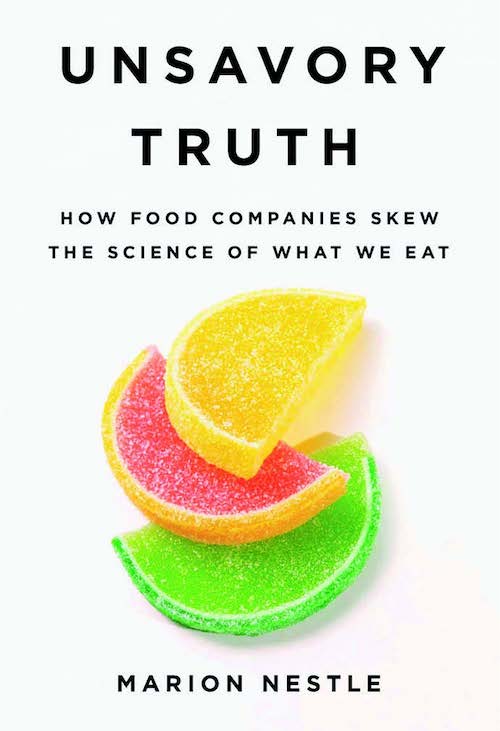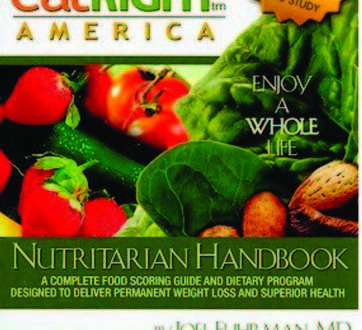How the Food Companies Skew the Science of What We Eat.
BY MARION NESTLE REVIEWED BY KEN CONDLIFF
If you are interested in learning more about our commercial food chain, the Unsavory Truth will be of interest to you. If you want to know more about who is attempting to influence the commercial food chain, this book is a must-read. Too many consumers take for granted that food just appears on a store shelf, has some claims on the front of the packaging (natural, healthy, simple, etc.), and so appears to be healthy – but don’t really understand the backstory behind the product claims.
In the book, Marion Nestle has compiled 13 chapters of research chronicling the history of the relationship between large food companies, industry research, private research, and the billions of dollars that are spent to make food appear ‘good’ for the consumer. Industry-sponsored research is undertaken in the interest of identifying a product’s healthy characteristics. Researchers take the funding and must balance any conflicts of interest between ‘professional judgement’ and ‘financial incentives.’ The role of peer-reviewed research is critical to determine the quality of research technical competence compared to financial influence.
Cases in point:
- In 2015 Royal Hawaiian Macadamia Nut petitioned the FDA to allow it to advertise that “daily consumption of macadamias, along with eating a healthy diet, may reduce the risk of heart disease”. The FDA responded it would permit the claim “Supportive but not conclusive,” with limited increase in saturated fat may reduce the risk of coronary heart disease.
- In December of 2015 the University of Maryland announced, “Fifth Quarter Fresh, a new high protein chocolate milk, helped high school football players improve their cognitive and motor function skills, even after experiencing concussions”. In 2017 the companies website claimed this drink contains milk from “super natural’ cows. Not surprisingly, peer input, along with university reviews, determined that the assertions were false. The parent company of Fifth Quarter Fresh had provided funding to the lead researcher and did not require him to observe established research protocols and ethics requirements that would have prevented this event.
- The Hershey Company participated (funded) in a study that chocolate can “inhibit naturally occurring deactivation of the brain during mundane and less interesting tasks”. Hershey provided the chocolate for the study. In 2002 Mars marketed candy bars as heart-healthy, recommending no less than ‘2 per day’ as the dose to increase blood flow, lowering blood pressure and reducing the risk of heart disease. Both were proven false by independent research.
And on and on it goes, food companies pitching their food products as healthy, often with cover from a research facility to give some increase in credibility for their claim. This leaves the consumer to determine if any of the advertising has any basis in fact and research, or are the claims ‘fake science’ intended to stretch the limits of credibility. What’s the consumer to do? Read the Unsavory Truth, I don’t want to spoil the story…
Ken Condliff was the founder and self-proclaimed CNO (Chief Nutty Officer) of Nut-tritious Foods located in Vancouver, WA For more info : www.nut-tritiousfoods.com






